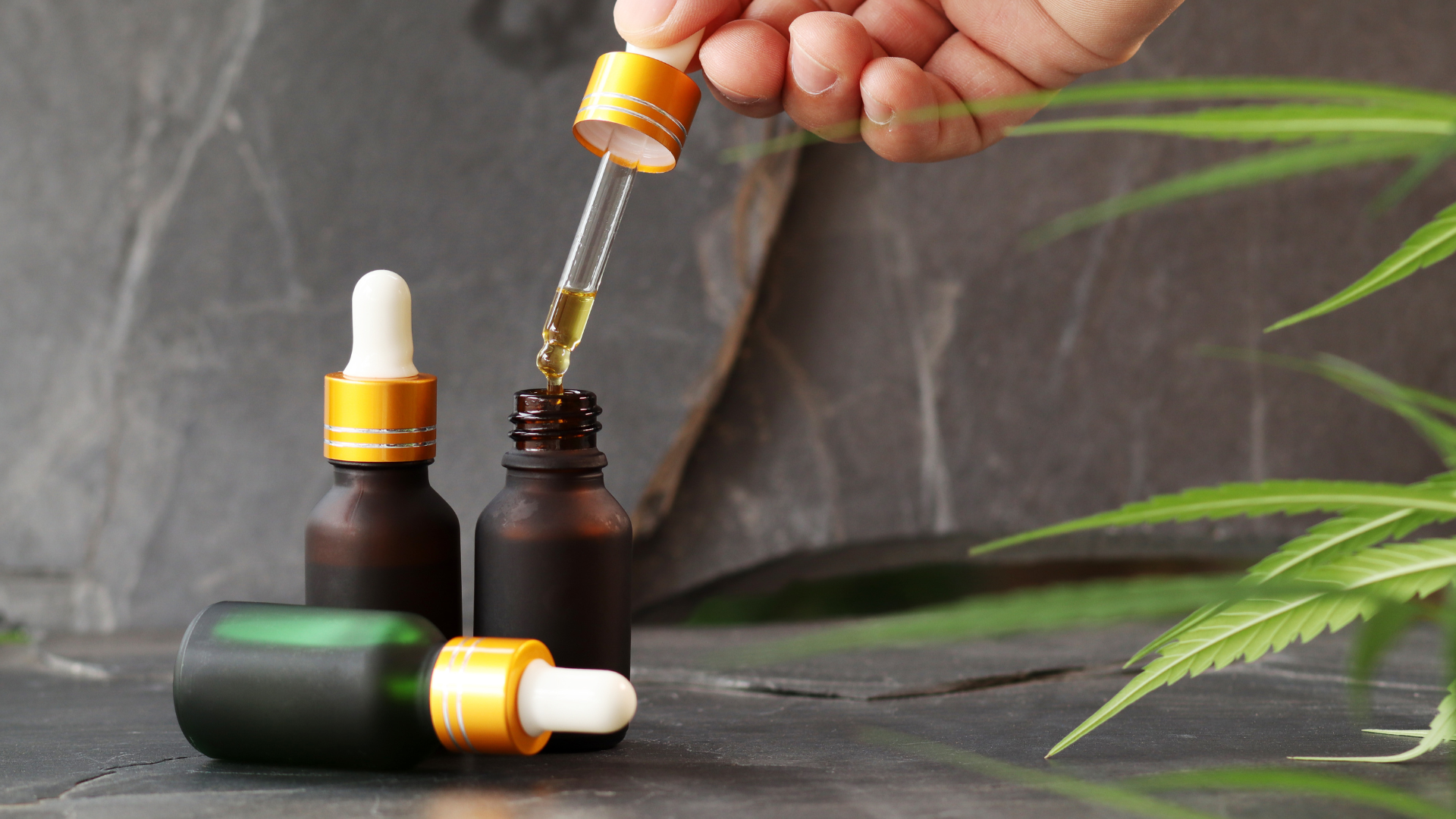Exploring Hemp, THCA, Cannabis, CBD, and Craft Cannabis: A Comprehensive Overview
In recent years, the world has witnessed a significant shift in the perception and utilization of various compounds derived from the cannabis plant. This shift is primarily attributed to increased research, legislative changes, and growing awareness of the potential benefits these compounds offer. Among the notable components are hemp, THCA, cannabis, CBD, and craft cannabis.
Each of these elements holds distinct characteristics and implications, contributing to the evolving landscape of medicine, industry, and lifestyle. This comprehensive article delves into the intricate details of each of these topics, providing valuable insights into their uses, effects, and significance.
Hemp: Nature’s Versatile Gift
Hemp (Cannabis sativa L.) is a strain of the cannabis plant known for its industrial applications and minimal THC content. It contains less than 0.3% THC, the psychoactive compound responsible for the “high” associated with cannabis use. Hemp is prized for its strong fibers, seeds, and oil.
Historical Significance
Hemp has a rich history dating back thousands of years. It was utilized for various purposes, from making textiles and paper to producing ropes and sails for ships. However, its association with cannabis led to restrictions in the 20th century, hindering its widespread cultivation and use.
Industrial Applications
Hemp’s strong fibers are used in textiles, construction materials, and even biofuels. Hemp seeds are a nutritional powerhouse, packed with essential fatty acids, proteins, and minerals. Hemp oil is also sought after for its potential health benefits.
Nutritional Value
| Nutrient | Quantity per 30g |
|---|---|
| Protein | 9g |
| Omega-3 Fatty Acids | 7.5g |
| Omega-6 Fatty Acids | 23g |
| Fiber | 1.2g |
| Vitamins | E, B Vitamins |
| Minerals | Iron, Magnesium |
THCA: Unveiling the Raw Cannabis Component
THCA is a non-psychoactive cannabinoid found in raw, unheated cannabis. It’s the precursor to THC and doesn’t produce the characteristic “high” until decarboxylated by heat.
Non-Psychoactive Nature
In its raw form, THCA doesn’t induce the psychoactive effects typically associated with cannabis consumption. This property has garnered attention for potential therapeutic applications without the euphoria.
Potential Therapeutic Benefits
Research suggests that THCA may have anti-inflammatory, neuroprotective, and anti-emetic properties. It’s being investigated for its potential in treating conditions like arthritis, epilepsy, and nausea.
Research and Studies
Studies on THCA are limited compared to other cannabinoids like THC and CBD. However, its emerging potential has attracted scientific interest, prompting further exploration.
Cannabis: A Plant with a Storied Past
Cannabis is a genus encompassing several species known for their psychoactive and medicinal properties. It contains over 100 cannabinoids, each interacting with the body’s endocannabinoid system.
Cannabis Species: Indica, Sativa, and Ruderalis
Cannabis species are typically categorized as Indica, Sativa, and Ruderalis. These classifications have historically been associated with varying effects and plant characteristics.
Medical and Recreational Use
Cannabis has been used for both medical and recreational purposes. Medical cannabis is employed to alleviate symptoms of various conditions, including chronic pain, epilepsy, and multiple sclerosis. Recreational use centers around the psychoactive effects of THC.
Global Legal Landscape
Laws surrounding cannabis vary greatly worldwide. Some countries have legalized medical and/or recreational use, while others maintain strict prohibitions. This shifting legal landscape has profound implications for research, industry, and personal use.
CBD (Cannabidiol)
CBD, a non-psychoactive cannabinoid, has gained immense popularity for its potential health benefits. It interacts with the endocannabinoid system to regulate various physiological processes.
Health and Wellness Applications
CBD is being explored for its potential in managing anxiety, pain, inflammation, and even certain forms of epilepsy. Epidiolex, a CBD-based medication, has been approved by the FDA for treating epilepsy.
Legality and Regulation
The legal status of CBD varies worldwide. In many places, it’s legally available as long as it contains minimal THC. However, regulations are often complex and subject to change.
Consumer Considerations
When choosing CBD products, consumers must consider factors such as product quality, extraction methods, and third-party testing. Transparency and reputable sources are crucial due to the influx of low-quality products.
Craft Cannabis: Merging Tradition with Innovation
Craft cannabis refers to small-batch cultivation and production of high-quality cannabis. It emphasizes artisanal techniques, quality over quantity, and unique strains.
Cultivation and Production
Craft cannabis cultivators prioritize meticulous cultivation practices, including organic methods, hand-trimming, and attention to plant needs. This approach aims to produce premium, flavorful, and potent buds.
Quality Over Quantity
Unlike large-scale commercial operations, craft cannabis focuses on delivering a personalized and carefully nurtured product. This attention to detail often results in a superior user experience.
Niche Market and Consumer Appreciation
Craft cannabis caters to a niche market of consumers who value the authenticity, diversity, and individuality of strains. These consumers are willing to pay a premium for products that reflect unique terpene profiles and effects.
Comparative Analysis: Hemp, THCA, Cannabis, CBD, and Craft Cannabis
| Aspect | Hemp | THCA | Cannabis | CBD | Craft Cannabis |
|---|---|---|---|---|---|
| Definition | Industrial strain | Non-psychoactive | Genus of plants | Non-psychoactive | Small-batch, premium |
| Psychoactivity | No | No (in raw form) | Yes | No | No |
| Applications | Industrial, nutritional | Potential therapy | Medical, recreational | Health and wellness | Premium, artisanal |
| Legal Status | Widely legal | Regulatory considerations | Varies globally | Varies globally | Varies by jurisdiction |
| Cultivation Scale | Large-scale | N/A | Large-scale | N/A | Small-scale |
Conclusion
The exploration of hemp, THCA, cannabis, CBD, and craft cannabis highlights the dynamic nature of the cannabis plant and its derivatives. From hemp’s versatile industrial applications to THCA’s potential therapeutic benefits, and from the diverse uses of cannabis to the rising star status of CBD, each component contributes to a complex and evolving landscape. Craft cannabis further enriches this landscape by merging traditional values with innovation, catering to a discerning audience.
As research, regulation, and societal perspectives continue to evolve, these components are poised to play increasingly significant roles in fields ranging from medicine to industry and beyond. Understanding these elements empowers individuals to make informed decisions and appreciate the multifaceted nature of cannabis.






